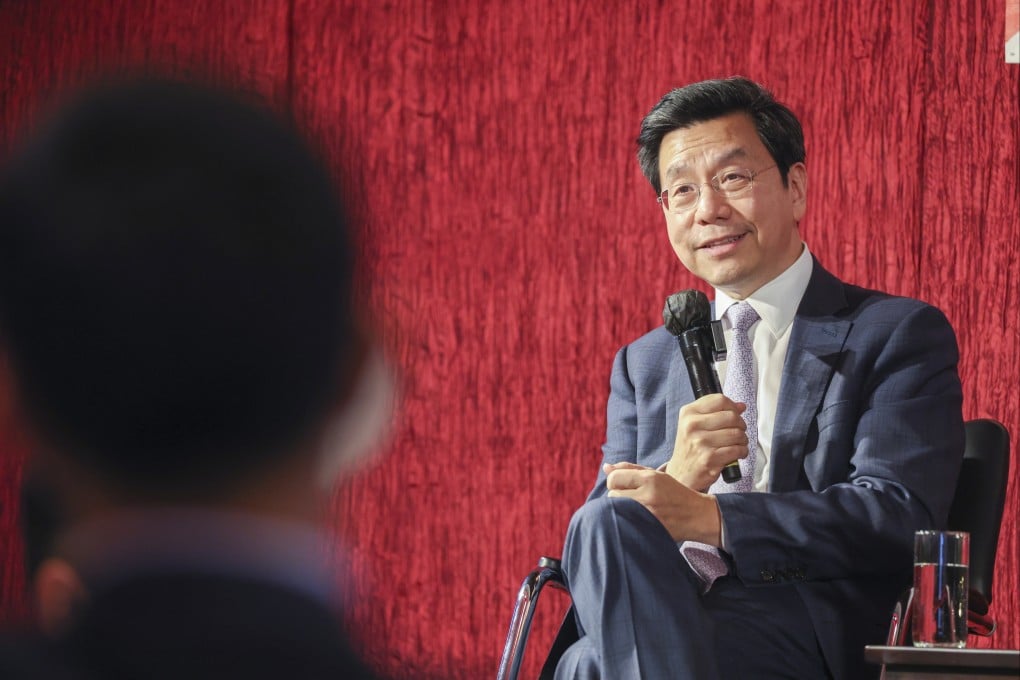Venture capitalist Lee Kai-fu launches AI start-up to seize on ‘historical opportunity’ to build Chinese LLMs
- Lee’s new company Lingyi Wanwu, headquartered in Beijing, plans to develop its own large language model from scratch, according to Sinovation Ventures
- The former head of Google China said China can only gain a competitive edge in the field of AI by creating its own LLMs rather than relying on foreign technology

Lee Kai-fu, a prominent venture capitalist and former president of Google China, has unveiled his new artificial intelligence (AI) start-up, which aims to build its own large language model (LLM) as Chinese firms race to catch up with their US peers, including ChatGPT maker OpenAI.
Lee’s new company Lingyi Wanwu, headquartered in Beijing, has assembled dozens of core members that include former executives from Big Tech firms such as Alibaba Group Holding, Baidu and Didi Chuxing, according to Sinovation Ventures, a venture capital firm run by Lee, in a WeChat article published on Monday.
Alibaba is the owner of the South China Morning Post.
Sinovation said Lingyi Wanwu plans to take “the most difficult path”: developing its own LLM from scratch.
China had at least 79 LLMs with more than one billion parameters as of May and the number is still increasing as investors and entrepreneurs rush to tap the Chinese market, which is likely to remain closed to ChatGPT and Google’s Bard.
Lee appears unfazed by the scepticism, saying that LLMs presents a “historical opportunity” that China must not miss, according to Sinovation.
If the country keeps relying on open-source models built by foreign companies, the firm said, it will face risks such as high fees and restricted access. Only by developing its own LLMs can China gain a competitive edge in the field of AI, Lee was quoted as saying.
